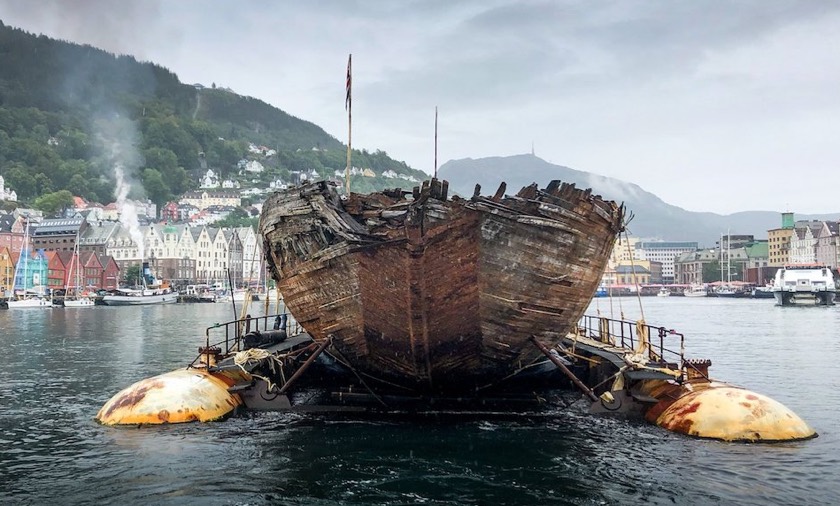
Almost a century after leaving Norway, Roald Amundsen’s polar exploration vessel ‘Maud’ has returned home.
It may never have hit its goal of reaching the North Pole, but the famous ship is rightly considered to be an important element of Norway’s maritime history.
It's now back home after decades at the bottom of the freezing ocean, thanks to a three-year-long salvage operation.
The return to Norway
In 1990 the ship was sold by the then-owners, the Hudson's Bay Company, to the Norwegian municipality of Asker. The expectation was that the ship would return to the town, but costs proved prohibitive. In 2011 an Asker-based company announced a plan to return Maud to Norway.
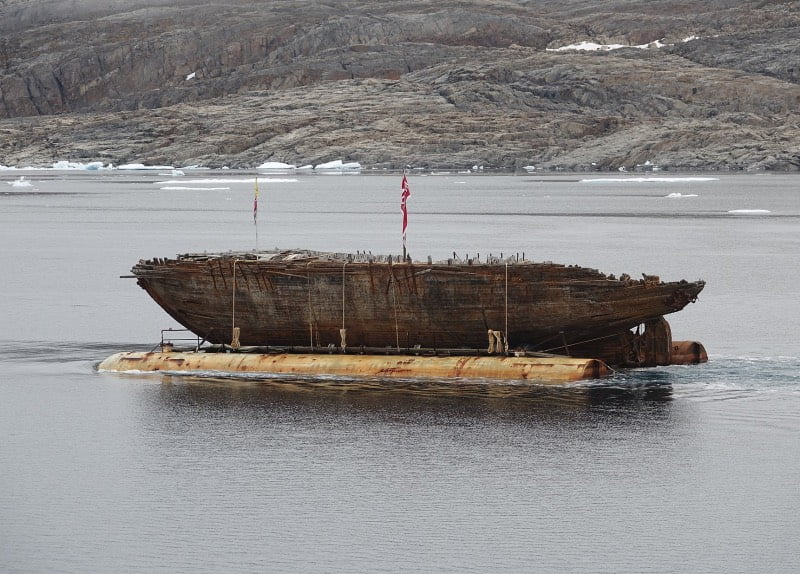
After a couple years of controversy, the salvage operation began in the summer of 2015. The vessel was raised to the surface one year later, and placed on a barge to prepare it for its long journey.
It was towed through the Northwest Passage to Greenland for an overwinter stop, before arriving in Bergen in August, 2018. The vessel will be towed along the Norwegian coastline to Asker, and placed in a permanent museum.
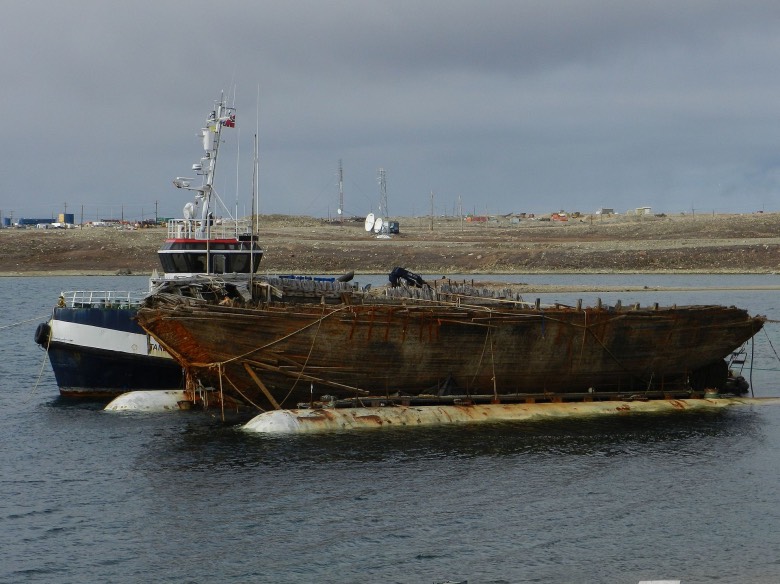
A history of nearly
Norwegian explorer Roald Amundsen famously beat Britain's Captain Robert Scott to the South Pole in 1911 to become the first person to reach it. But not all his expeditions were so successful.
The goal of the Maud expedition was to explore the unknown areas of the Arctic Ocean, strongly inspired by Fridtjof Nansen's earlier expedition with Fram.
The plan was to sail along the Siberian coastline and go into the ice farther than Nansen had.
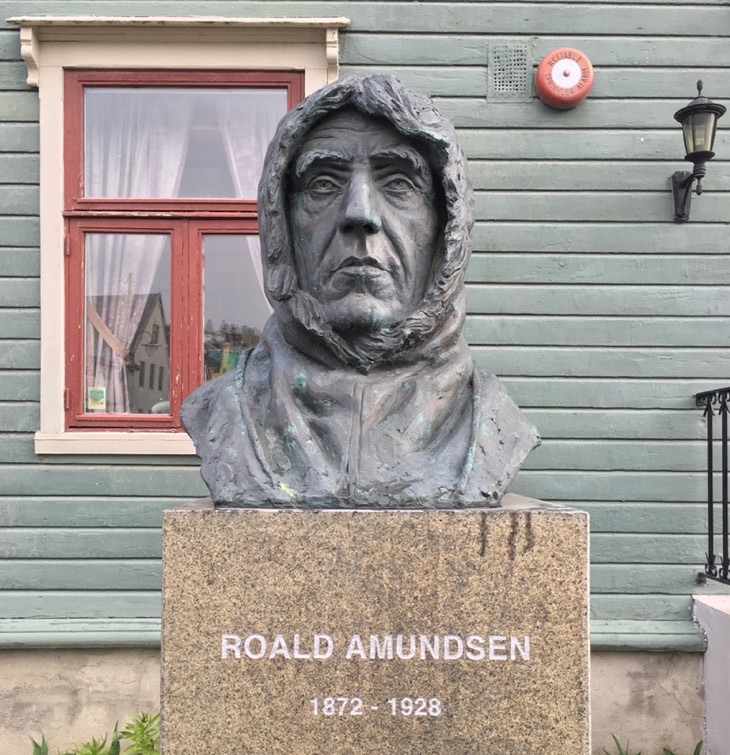
The expedition was expected to yield research material and as such, he carried a geophysicist among his small crew.
His plan was to sail his ship, Maud, into the icy waters and deliberately become stuck. It would then drift, becoming a floating scientific research vessel in the Arctic Ocean. After two winters without having achieved the goal of drifting over the North Pole, Amundsen left the vessel.
He returned a year later and tried for three more years, before the ship was seized by creditors as payment for Amundsen's increasing financial debts. It became a floating warehouse and home to a radio station, before sinking off Canada in the 1930s.
The future for Maud
Jan Wangaard led the Maud Returns Home project. “It brings joy to our hearts to see Maud, still proud after all these years, see her old homeland once again”, he said.
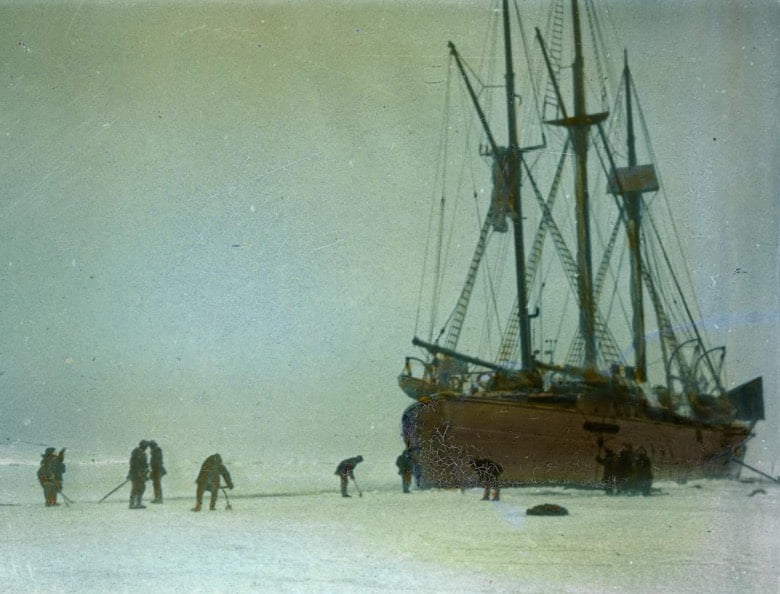
Amundsen’s other polar vessels Gjoa and Fram are on display in museums on the Bygdøy peninsular in Oslo. Wangaard hopes Maud will be put on display in a new museum at Vollen, the port where she was built, a mile or so outside Asker.


What a great story. Loved visiting the FEMA museum inOslo
Fabulous to keep a piece of history right where it belongs…..at home!!